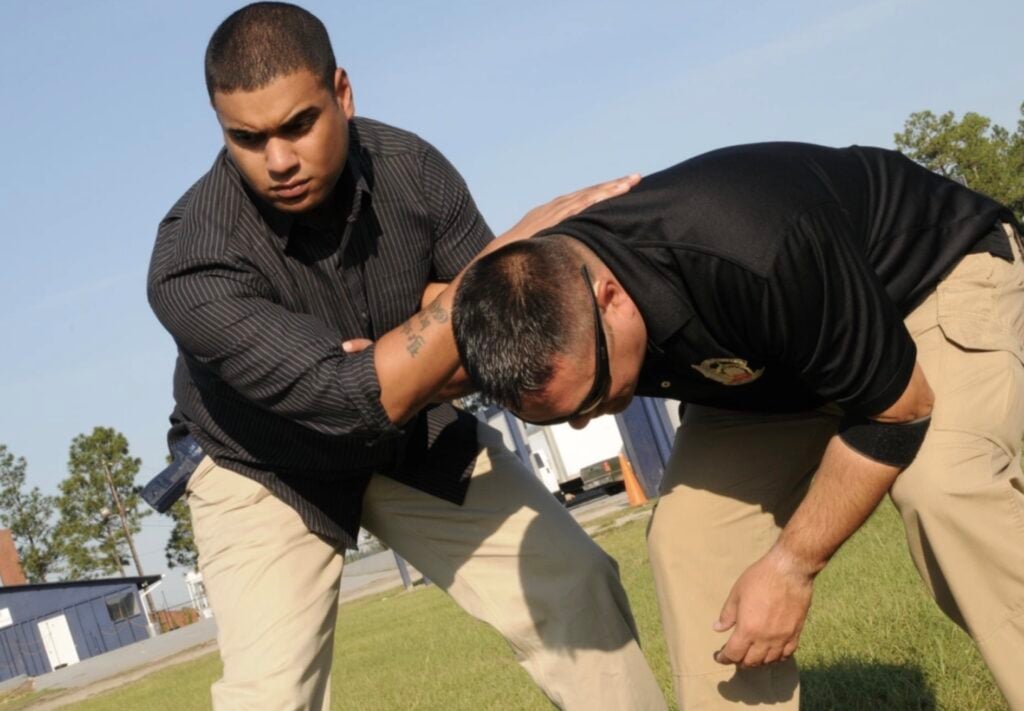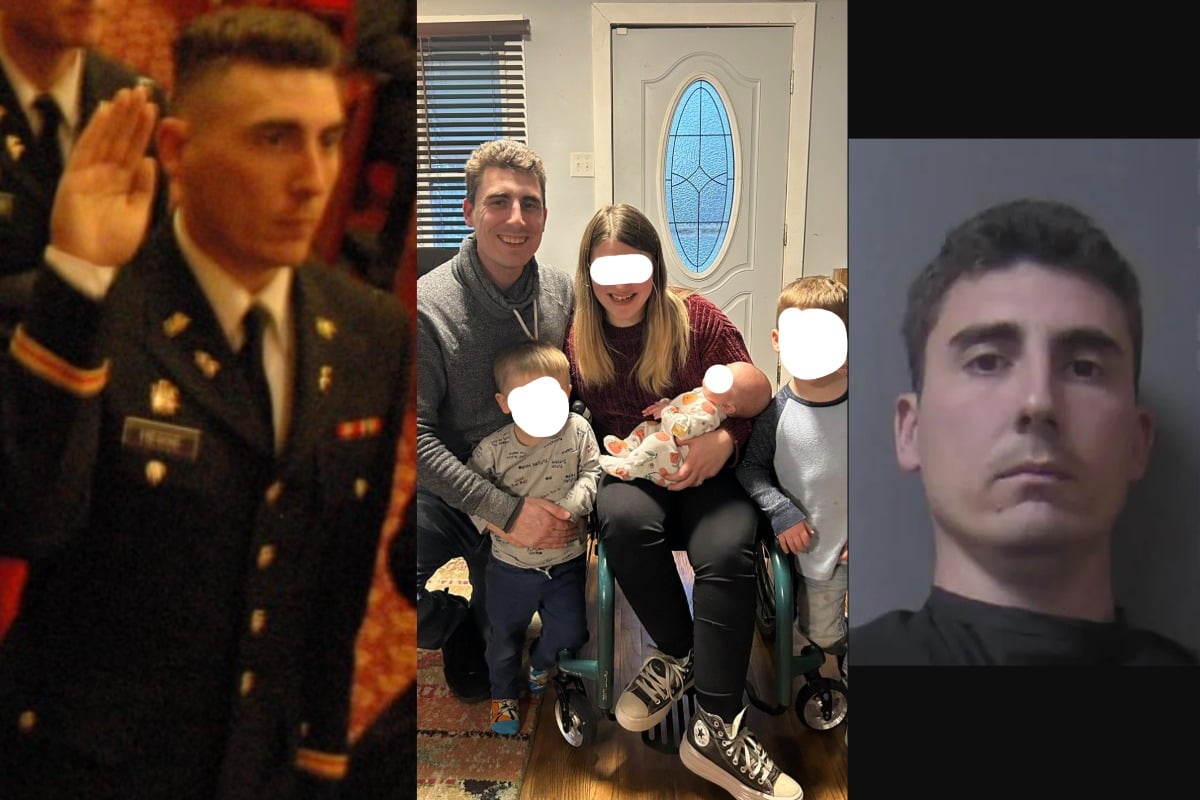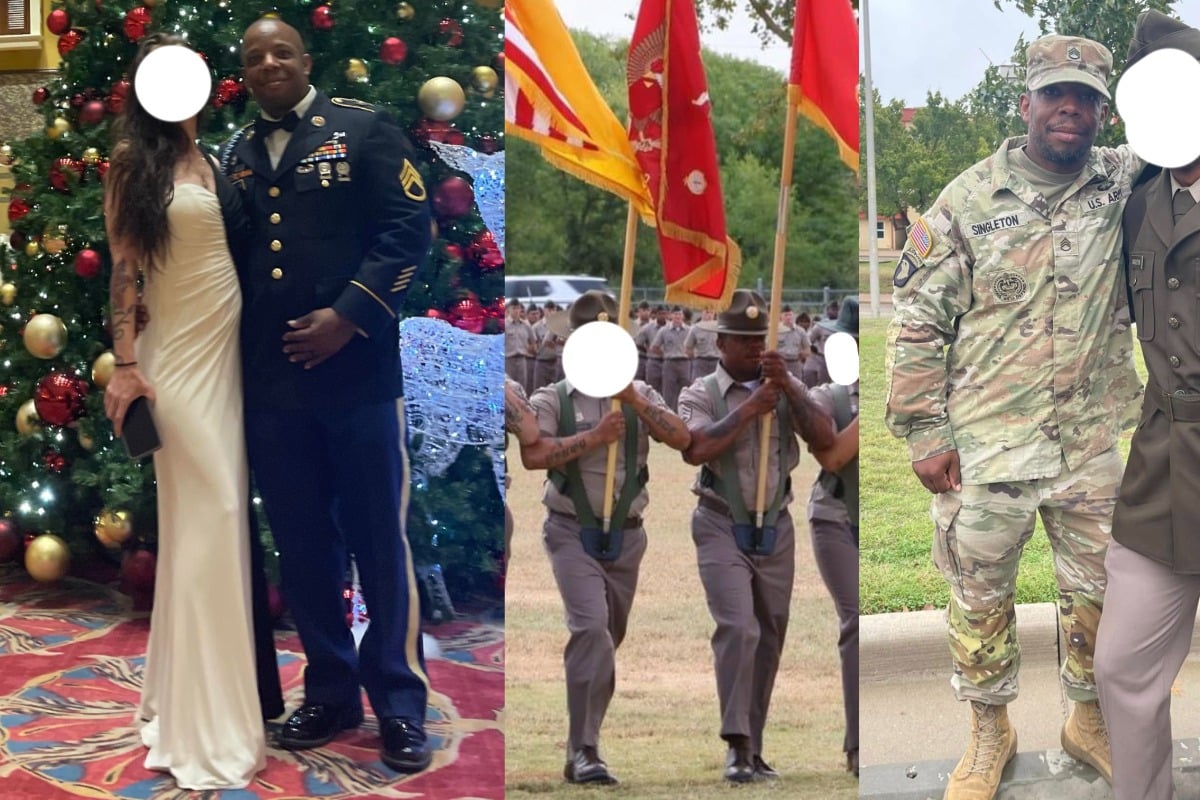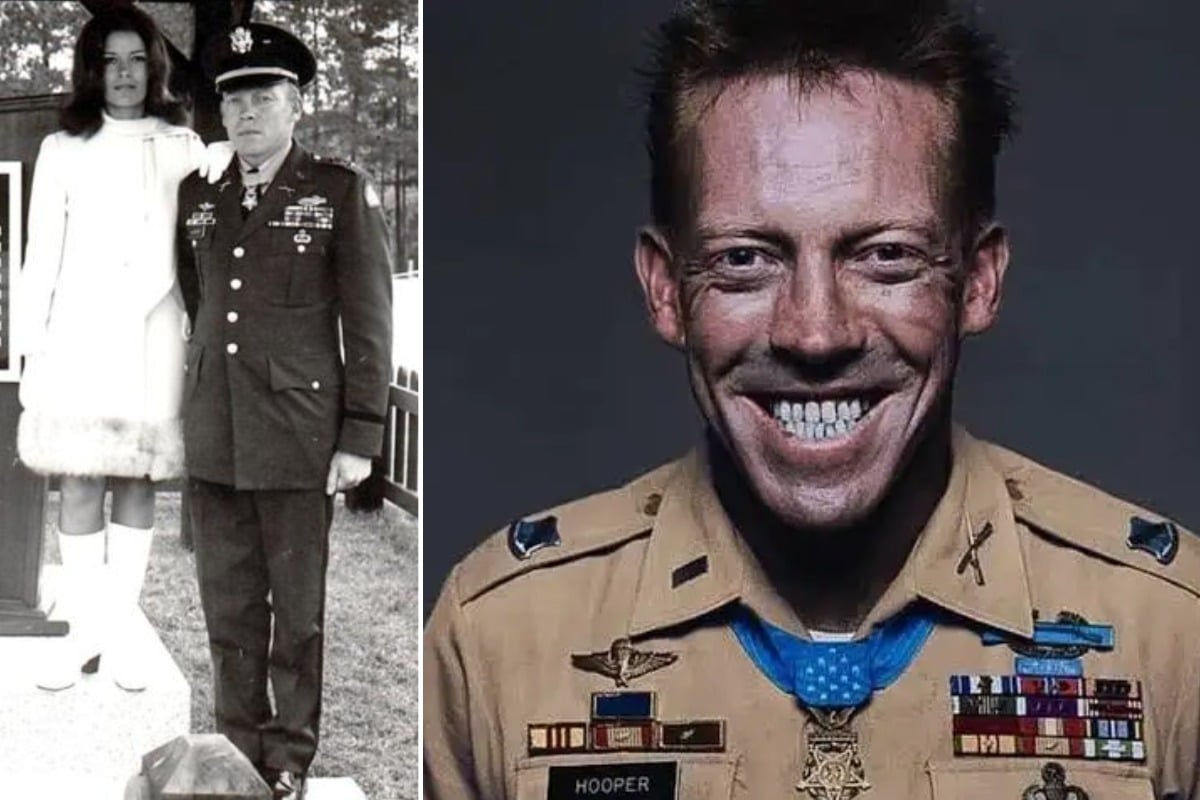A soldier stationed at Fort Campbell recently reported a chilling encounter that’s reigniting conversation around cult recruitment efforts targeting U.S. service members. According to the soldier, who posted about the incident on Reddit, the event happened around 1 a.m. near his barracks on post when a maroon pickup truck with dark-tinted windows pulled up beside him while he was taking out the trash.
Two men, dressed in black suits and wearing sunglasses—despite the time—were inside. One began asking religious questions and offered to take the soldier to church that night. The other never spoke or looked at him. The soldier declined and walked away, but the situation felt “really sketchy.”
The soldier emphasized that the men were clearly not service members. While this might sound like something out of a Netflix cult documentary, hundreds of comments from other troops and veterans quickly poured in to confirm: this isn’t a one-time thing.
A Pattern Across the Army
Reports of similar encounters span multiple posts and decades. Soldiers described being approached in parking lots, outside barracks, or near PXs by similarly dressed men attempting to recruit them into questionable religious groups.

In some cases, the conversations seemed benign at first. Others described persistent pressure to attend church services or “just check things out.” A few even shared stories of being lured into participating before realizing something was deeply off.
Many of these accounts bear a striking resemblance to the recruitment tactics associated with the House of Prayer Christian Church (HOPCC), which was raided by the FBI in 2022. The federal investigation targeted five of the group’s churches located near major Army installations, including Fort Bragg, Fort Gordon, Fort Hood, Fort Stewart, and Joint Base Lewis-McChord. The organization was accused of exploiting soldiers through sham seminary programs that drained their GI Bill benefits and pressured members into turning over VA disability income.
Former members said the group operated like a cult, maintaining strict control over parishioners’ movements, finances, and even living arrangements. Soldiers and veterans were allegedly pushed to claim fraudulent 100% disability ratings, live in group homes, and devote themselves entirely to the church’s leader, Rony Denis.
How Are These People Getting on Base?
Despite what some may believe, civilians cannot just stroll onto a military base. Entry to Fort Campbell—or any Army installation—requires sponsorship by an authorized individual already on post. That sponsor is typically a service member, DoD civilian, or military family member, and is responsible for the visitor’s behavior while they are on base.
Visitors must have a valid reason for entry, such as attending a scheduled meeting or visiting a family member. They must undergo a background check, provide a REAL ID–compliant form of identification, and—if driving—show vehicle registration and insurance. The base’s Visitor Control Center manages these requests, and for religious access, civilian missionaries are generally required to coordinate through the chaplain’s office or through official religious support programs.
However, the system has a known vulnerability: once a soldier becomes affiliated with a religious group like HOPCC, they can act as a legal sponsor for others. This has reportedly happened in the past, allowing recruiters or church affiliates to gain regular access to barracks areas under the guise of friendship or spiritual mentoring.
This isn’t theoretical. In past cases, HOPCC encouraged its soldier-members to help other church affiliates gain base access. In one report, church leaders pressured members to isolate themselves from their units and families, live in church-approved housing, and dedicate all personal resources—including VA benefits—to the group.
So while base access rules are well-defined and in place for good reason, they depend heavily on trust. If someone inside the wire is willing to exploit the system, outsiders can walk right through the gate—legally.
What Troops Should Do
If you’re approached by anyone who seems out of place or starts pushing unsolicited religious messaging, report it immediately. Contact the MPs or your unit leadership. Even if it seems like a harmless invitation, these groups have a history of manipulation, coercion, and financial abuse.
The Army has chaplains, spiritual support programs, and approved religious resources available to every soldier. You don’t need a late-night ride from a guy in a tuxedo to find your faith.
Cult recruiters have been creeping around military posts for years. They prey on young, isolated troops—often targeting those far from home, lacking support networks, or just looking for a sense of belonging.
It’s not just weird—it’s dangerous. Stay alert, look out for your fellow soldiers, and remember: if it feels off, it probably is.
© 2025 The Salty Soldier. All Rights Reserved.
The content of this webpage may not be reproduced or used in any manner whatsoever without the express written consent of TheSaltySoldier.com.




